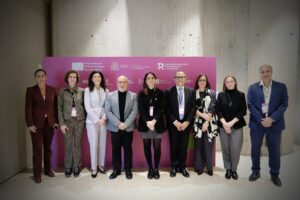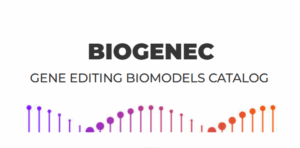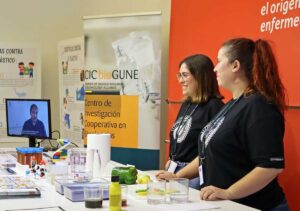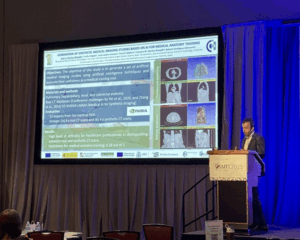
El IBEC incorpora dos microscopios avanzados a su Plataforma de Experimentación in vivo para impulsar la investigación en nuevos fármacos y nanofármacos
La Plataforma de Experimentación in vivo del Instituto de Bioingeniería de Cataluña (IBEC) ha reforzado sus capacidades científicas con la






